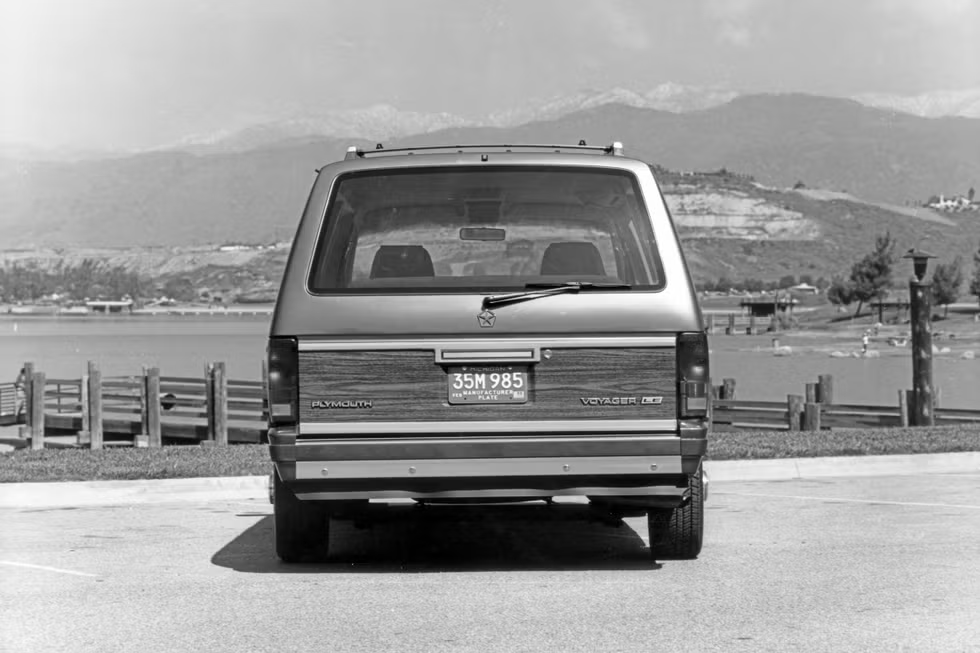For so many of us, the Passover seder stands out as one of the most indelible moments of childhood. The special foods, the melodies we only sing once a year, the whispered instructions from older relatives, and that feeling of being part of something ancient and important, it leaves a mark.
One of my own most vivid childhood memories though, comes not from the seder table but from the rear seat of my dad's Chrysler van. He had a collection of cassette tapes filled with TV theme songs, and we'd listen to them on loop as we drove around town. He loved singing along, Knight Rider, The Greatest American Hero, The A-Team, and so many more. I still remember how excited he'd get when a new cassette popped up for sale at Sam's Club. That joy of discovery, of revisiting favorite shows through music, planted in me a lifelong love of "older" TV.
Recently, I stumbled on Roku's standalone streaming channel—an unexpected treasure trove of those very same shows I grew up with. I clicked around nostalgically: The A-Team, Knight Rider, and one that really struck a chord, Quantum Leap. Watching it again felt like opening a time capsule. But even more meaningful than reliving these classics was having my 9-year-old son, Levi, beside me. At first, he groaned, "Why does it look so bad?" (Ah, the honesty of kids.) But then something amazing happened: he started asking to watch more episodes with me. Life, in a very real way, has come full circle.
That brings us to this week, Yom Sh'vi-i shel Pesach, the seventh day of Passover. We read the powerful story of the Israelites crossing the Sea of Reeds, the defining leap from slavery into freedom. It's a moment of fear, of faith, and of transformation. The waters don't part right away, the Midrash tells us. It takes Nachshon walking into the sea, up to the top of his head, before the miracle begins. Sometimes, the only way forward is through courage and trust.
Quantum Leap follows Dr. Sam Beckett, a man who "leaps" through time to put right what once went wrong. He lands in unfamiliar lives and places, often without warning, and must act with empathy, conviction, and faith, even without knowing the outcome.
In many ways, that's the journey of the Exodus, too.
The Israelites don't just leave Egypt, they leap into an unknown future. They're asked to shed an old identity and embrace a new one built around justice, empathy, and memory. God reminds them over and over: "You were strangers in Egypt." That shared past is not just history; it's their guide for how to live.
Just like Sam Beckett, they are thrust into a story already in motion, not entirely in their control, but their choices matter deeply. So do ours.
We may not be time travelers, but we do stand at seas of uncertainty. We face moral crossroads, moments that ask us to act with courage even when we're unsure of the outcome. And like Sam, or like Levi watching those "blurry old shows" with fresh eyes, we have the chance to see the world not just as it is, but as it could be.
Passover is about crossing boundaries, between past and future, memory and action, self and other. And though the sea may close behind us, the journey toward redemption never truly ends. It continues in every act of justice, every moment of empathy, every small leap we take to help make the world whole.
Shabbat Shalom and Chag Sameach.
Danny Glassman

